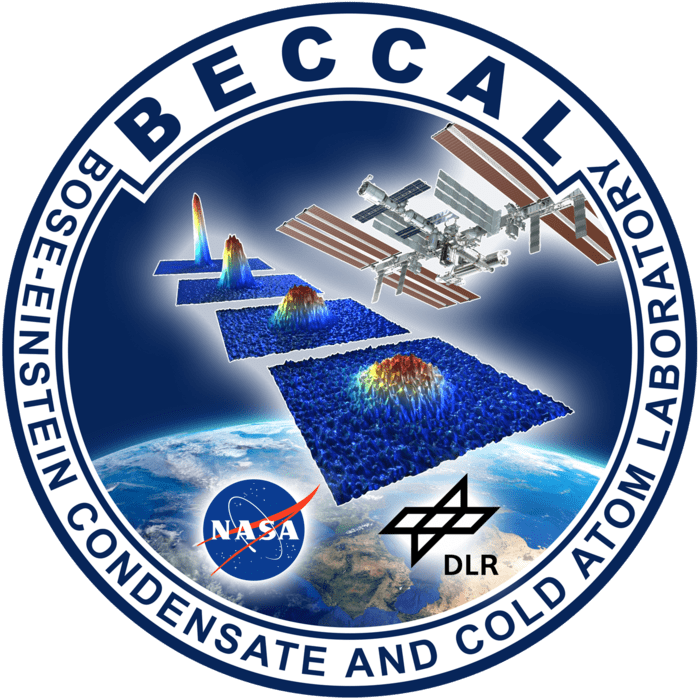Collaborative research project on quantum technology starts on the International Space Station

(EurekaAlert) BECCAL will allow experiments to be conducted on board the ISS using ultracold atoms for fundamental research and for the development of quantum sensors of the future.
Business AnnouncementThe project “Development of a laser system for experiments with Bose-Einstein condensates on the International Space Station within the BECCAL payload (BECCAL-II)” commenced in early December 2021, with the involvement of a team of researchers led by Professor Patrick Windpassinger and Dr. André Wenzlawski from Johannes Gutenberg University Mainz (JGU). In collaboration with Humboldt-Universität zu Berlin, the Ferdinand-Braun-Institut (FBH) and Universität Hamburg, the researchers will develop a laser system for the BECCAL experiment to study ultracold atoms on board the International Space Station (ISS).
The BECCAL experiment is a multi-user platform that will be open to numerous national and international scientists to test their ideas in practice. The platform will enable them to conduct a wide range of experiments in fields such as quantum sensing, quantum information, and quantum optics.
The ISS offers a unique combination of weightlessness, accessibility, and a large number of experiments. This will make it possible, among other things, to carry out high-precision experiments such as testing Einstein’s equivalence principle. “Ideally, the experiments require the ultracold atom cloud to be completely free of any forces. Weightlessness permits such conditions,” said Dr. André Wenzlawski from the Windpassinger group at Mainz University.





















